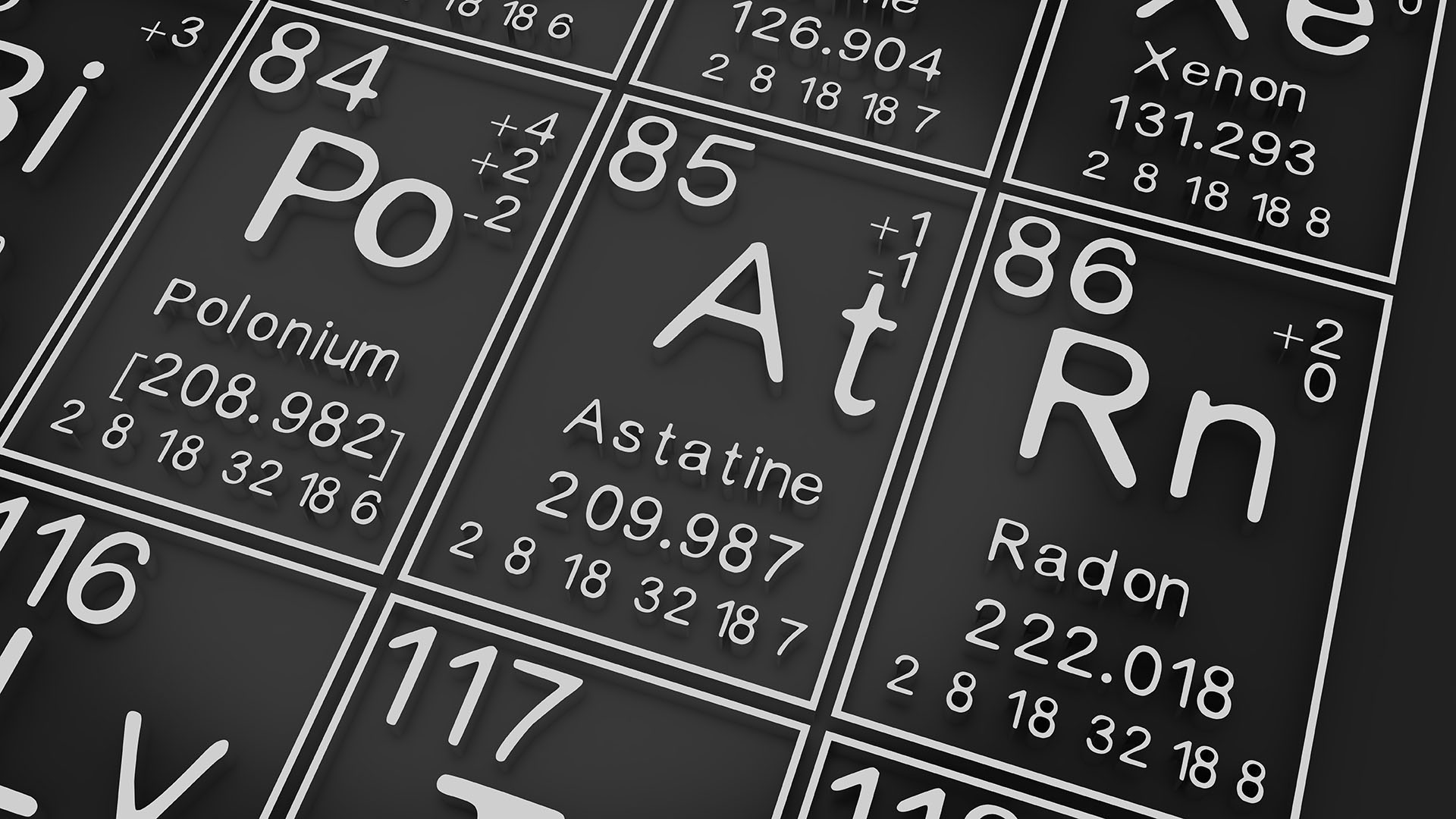
polonium
Definition
Polonium is a chemical element with the symbol Po and atomic number 84. It is a radioactive metal that is found in nature in very small amounts. Polonium is a silvery-white metal that is soft and easily vaporized. It is also very toxic, even in small amounts.
Polonium is a highly unstable element. It decays radioactively into other elements, such as lead and bismuth. This decay releases energy in the form of alpha particles, beta particles, and gamma rays. These particles can be harmful to living cells, and they can cause cancer.
Polonium is used in some medical applications, such as cancer treatment. However, it is also used in nuclear weapons. Polonium is a very effective poison, and it has been used in assassinations.
The most common form of polonium is polonium-210. Polonium-210 has a half-life of 138 days. This means that half of the polonium-210 atoms in a sample will decay into other elements in 138 days.
Polonium is a dangerous element, and it should be handled with caution. If you come into contact with polonium, it is important to wash your hands thoroughly and seek medical attention immediately.
How can the word be used?
The discovery of polonium was a major breakthrough in the study of radioactivity.

Different forms of the word
Noun: a radioactive metallic element with the symbol Po and atomic number 84.
Adjective: relating to polonium.
Etymology
The word "polonium" comes from the Latin word "Polonia", which means "Poland". The element was named after Poland, the native country of Marie Curie, who discovered it with her husband Pierre Curie.
Question
What is polonium used for?
AQA Science Exam Question and Answer
Question:
Define polonium and explain its properties as a radioactive element. Discuss its sources, applications, and potential health risks associated with its radioactivity.
Answer:
Polonium is a radioactive chemical element with the atomic number 84 and the symbol Po. It belongs to the group of elements known as actinides and is highly unstable due to its radioactivity.
Polonium's properties are primarily attributed to its radioactivity. It undergoes radioactive decay, emitting alpha particles, which consist of two protons and two neutrons. This emission of alpha particles can be harnessed for various applications, including in devices like antistatic brushes and neutron initiators.
Polonium is relatively rare in nature, with small amounts occurring as a decay product of uranium and thorium. It can also be artificially produced in nuclear reactors.
However, polonium poses significant health risks due to its radioactivity. Inhalation or ingestion of even small amounts can lead to severe health issues, including radiation poisoning, damage to internal organs, and an increased risk of cancer. Due to its high toxicity, it's considered a highly dangerous substance and must be handled with extreme caution.